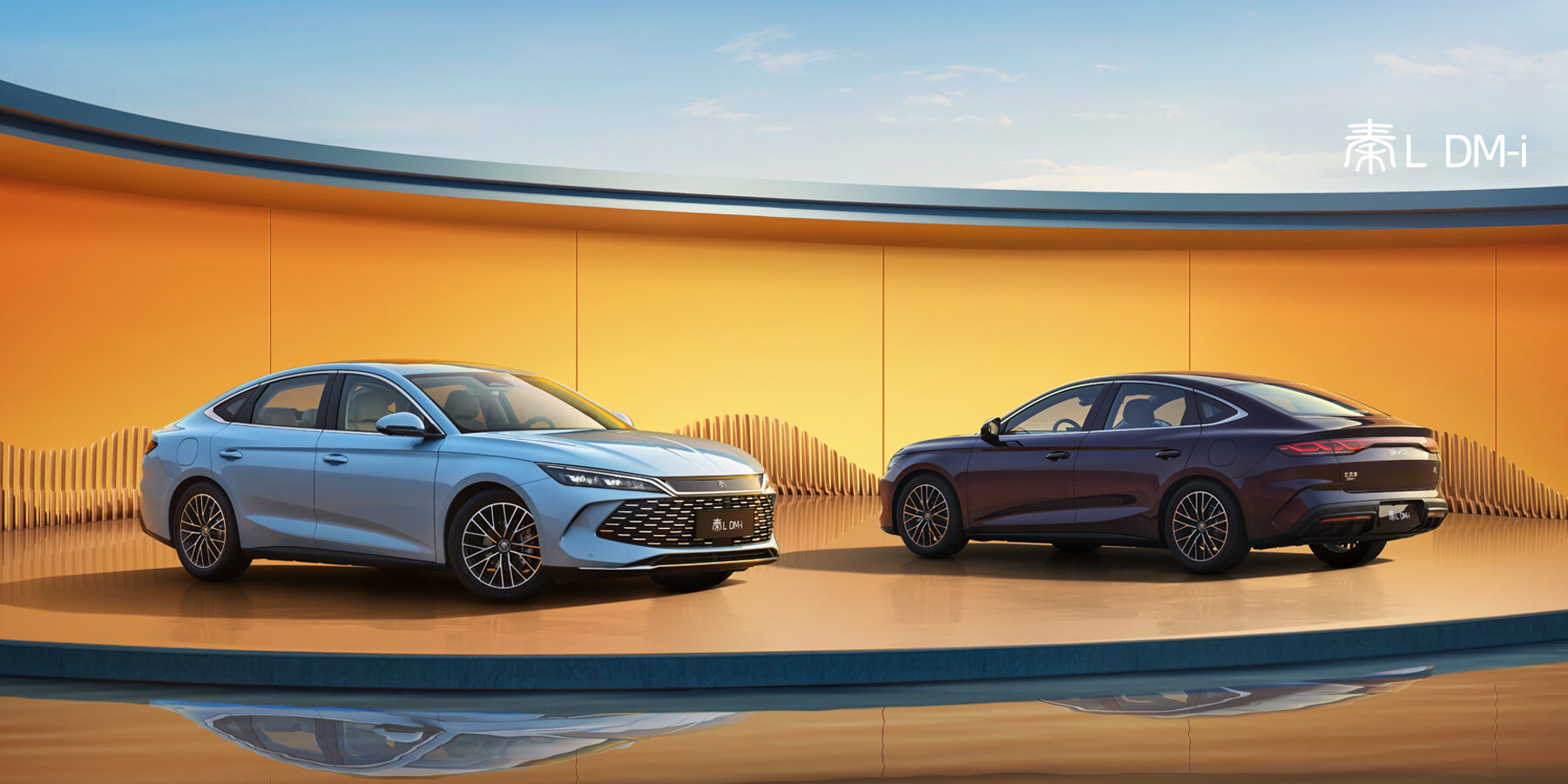How to choose a vehicle in 2024, a pure electric car or a hybrid car?
Choosing between a Battery Electric Vehicle (BEV) and a Hybrid Vehicle (HEV) in 2024 involves considering several factors. Here are some key points to help you make an informed decision:
1. Driving Needs:
- Daily Commute: If your daily driving distance is within the range of most BEVs (usually 150-400 miles), a BEV might be ideal.
- Long-Distance Travel: If you frequently take long trips, a hybrid may be more convenient due to its extended range and the ability to refuel quickly.
2. Charging Infrastructure:
- Availability of Charging Stations: Check the availability of charging stations in your area and along your common routes. If there are enough public and home charging options, a BEV could be suitable.
- Home Charging Setup: If you have a garage or dedicated parking spot, home charging for a BEV can be very convenient.
3. Environmental Considerations:
- Emissions: BEVs have no tailpipe emissions, making them a better choice for reducing your carbon footprint. Hybrids have lower emissions than conventional vehicles but still rely partially on fossil fuels.
4. Cost of Ownership:
- Initial Purchase Price: BEVs can be more expensive upfront, but federal and state incentives may reduce costs. Hybrids can be less expensive initially but may have lower incentives.
- Operating Costs: BEVs typically have lower operating costs (electricity vs. gas, fewer moving parts) compared to hybrids, which need both electricity and fuel.
5. Performance and Driving Experience:
- Power and Acceleration: BEVs often provide instant torque and a smoother driving experience. Hybrids may have a more traditional feel, especially when transitioning between electric and gas power.
6. Resale Value:
- Market Demand: Research resale values and market trends for both BEVs and hybrids in your region. BEVs are gaining popularity, which may improve their resale value.
7. Incentives and Tax Credits:
- Government Policies: Investigate current federal, state, and local incentives for purchasing electric vehicles, as these can significantly impact your decision.
8. Technology Features:
- Infotainment and Safety Technology: Both BEVs and hybrids come equipped with advanced technology features. Ensure the vehicle you choose meets your preferences.
9. Brand and Model Availability:
- Research Options: Look into different manufacturers and models to find the ones that meet your needs in terms of reliability, reviews, and available features.
Conclusion
Ultimately, choosing between a BEV and a hybrid vehicle in 2024 depends on your lifestyle, preferences, and the specifics of your driving needs. Consider taking test drives to see which option feels right for you, and weigh the pros and cons based on the factors listed above.
